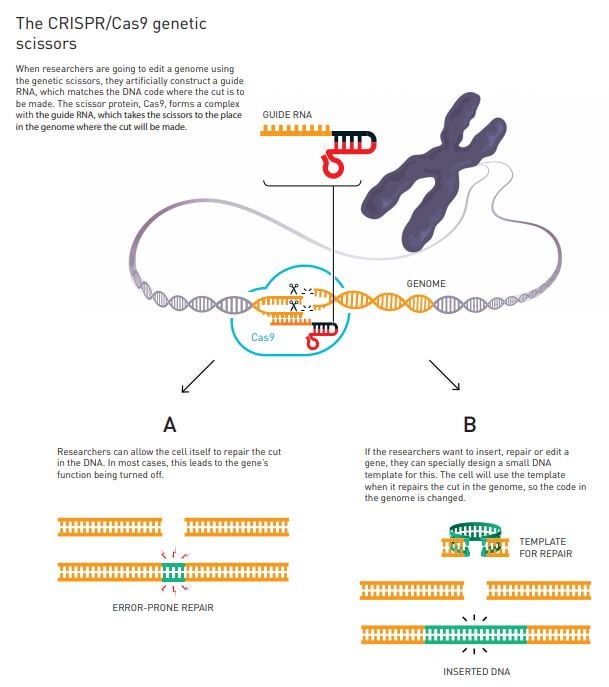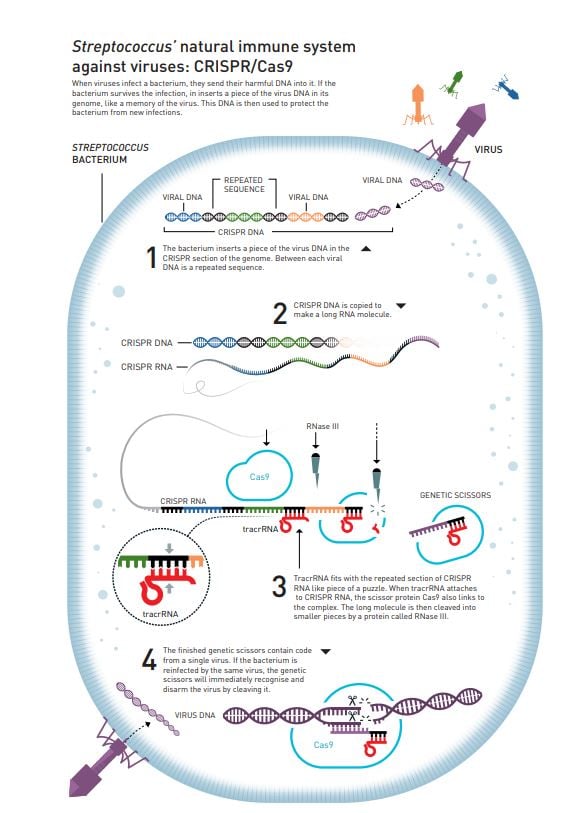A World Without Work. Technology, Automation and How We Should Respond
The struggle for subsistence was the challenge that preoccupied most of mankind. Our generation has been fortunate to wake up in a world where people need not be condemned to that fate, where there is in principle enough economic prosperity for us all to keep ourselves and our families alive. The looming problems—of inequality, power, and meaning—are just the consequences of this unprecedented
prosperity. They are the price we pay for the material abundance that some of us (though as yet not all of us) have been fortunate to enjoy. And in my view, it is a price worth paying.
In the twenty-first century, we will have to build a new age of security, one that no longer relies on paid work for its foundations. And we have to begin this task today. Although we cannot know exactly how long it will take to arrive at a world with less work for human beings to do, there are clear signs that we are on our way there. The problems of inequality, power, and meaning are not lurking in the distance, hidden out of sight in the remote future. They have already begun to unfold, to trouble and test our inherited institutions and traditional ways of life. It is up to us now to respond.






